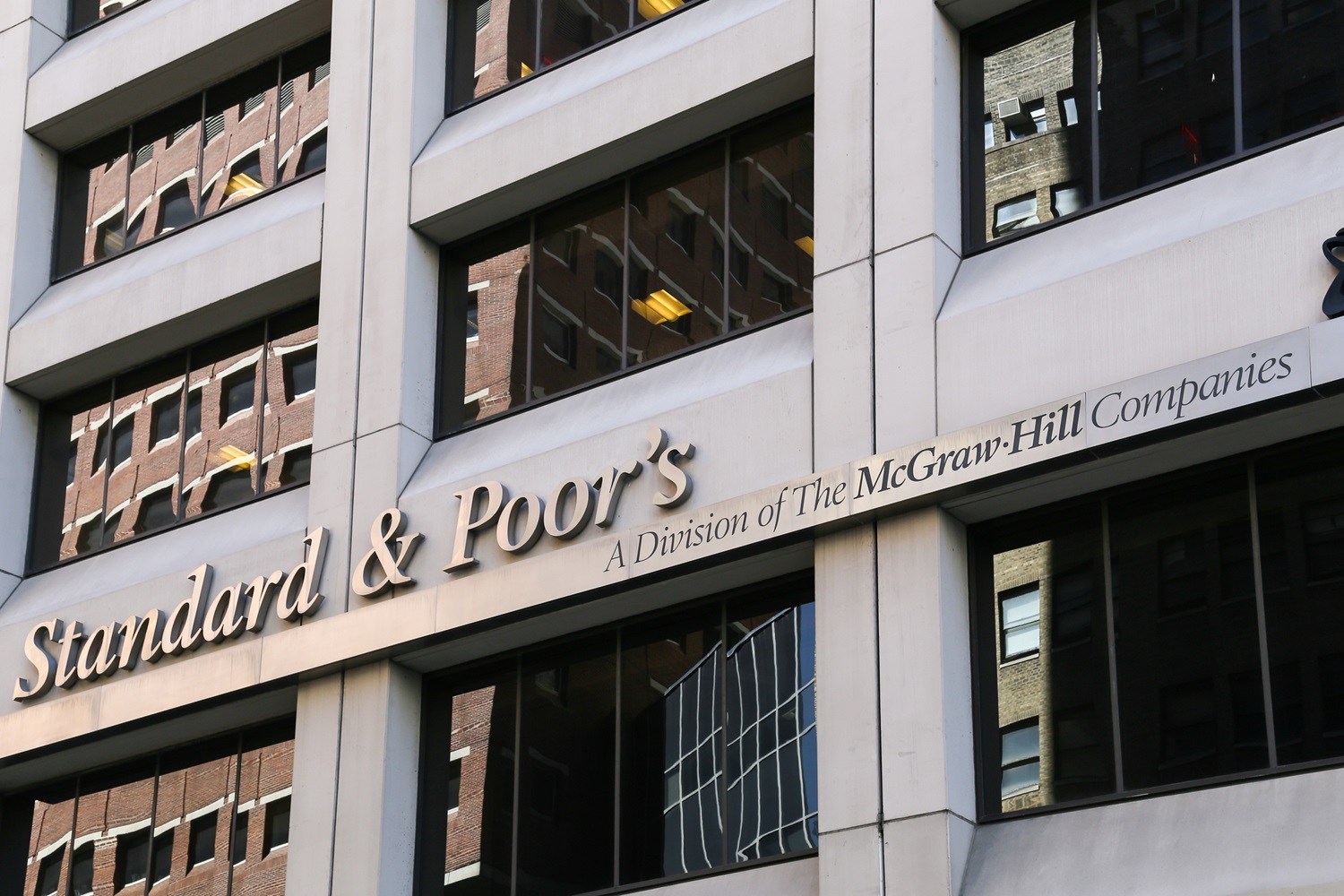The government’s strategy focuses on achieving fiscal sustainability, supporting economic growth and critical social services.
The government notes and welcomes Standard and Poor’s’ decision to revise South Africa’s outlook to positive from stable and affirm the sovereign’s long-term foreign and local currency debt ratings at ‘BB-’ and ‘BB’, respectively.
According to Standard and Poor’s, the positive outlook reflects the agency’s view that increased political stability following the May 2024 general elections and momentum for reform could boost private investment and GDP growth.
The agency further states that since the formation of the new broad coalition of 11 political parties under the Government of National Unity (GNU), debt yields and portfolio inflows have improved, leading to easing financing conditions and currency strengthening.
Standard and Poor’s notes that despite the government publishing weaker fiscal projections in the most recent Medium Term Budget Policy Statement (MTBPS) compared to those in the February 2024 Budget Review, it perceives greater fiscal policy predictability in efforts towards achieving primary surpluses and fiscal consolidation.
The government’s strategy focuses on achieving fiscal sustainability, supporting economic growth and critical social services, and addressing significant fiscal and economic risks, it said in a media release on Saturday.
The four pillars of the economic growth strategy are: (i) Maintaining macroeconomic stability; (ii) Implementing structural reforms; (iii) Building state capability; and (iv) Supporting growth-enhancing public infrastructure investment.
What does this mean?
BB: This is considered a non-investment grade rating, also known as a “speculative” or “junk” rating. It indicates that the issuer has a moderate risk of default. While the issuer’s financial position is not strong enough to be considered investment grade (which starts at ‘BBB’ or higher), it does show the capacity to meet its financial obligations under stable economic conditions. However, adverse economic or business conditions could impair the issuer’s ability to pay back its debts.
BB-: This rating is just one notch below BB and represents a slightly higher risk of default. It still falls under the non-investment grade category, but with more vulnerability compared to a standard BB rating. This suggests that the issuer is more susceptible to adverse economic and financial changes.
NOW READ: NCC refers car dealers and home renovator to Consumer Tribunal
